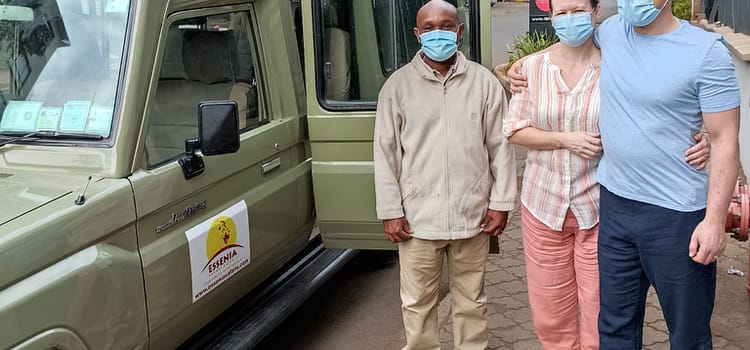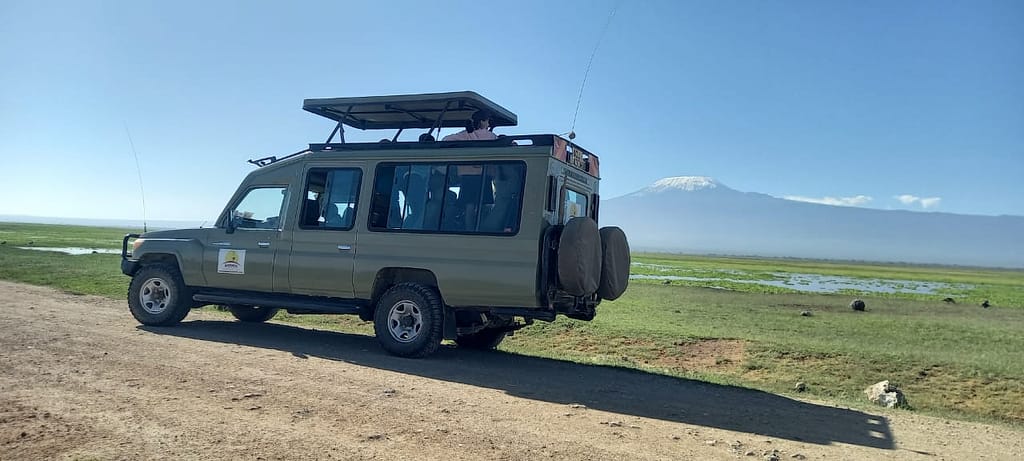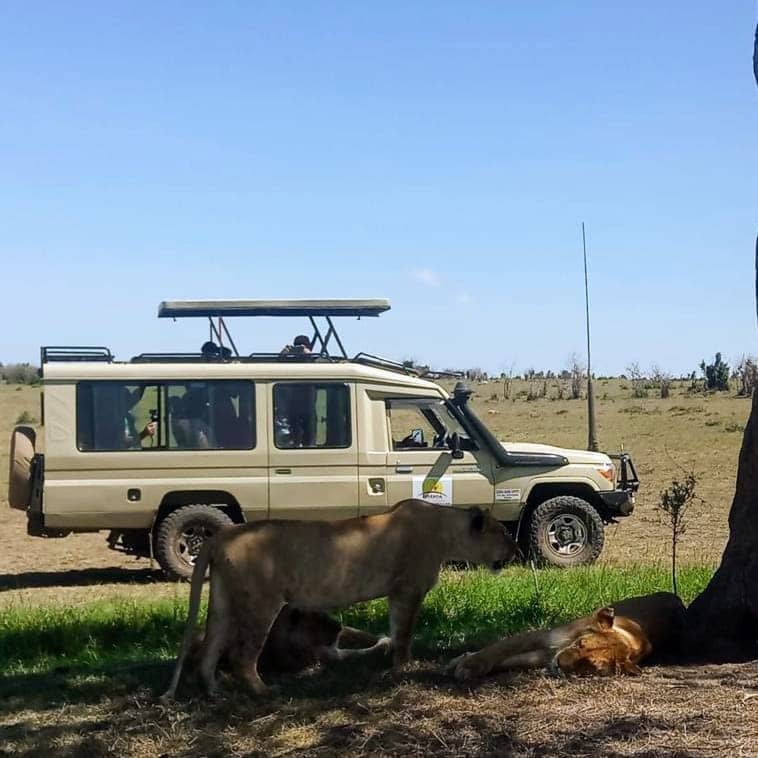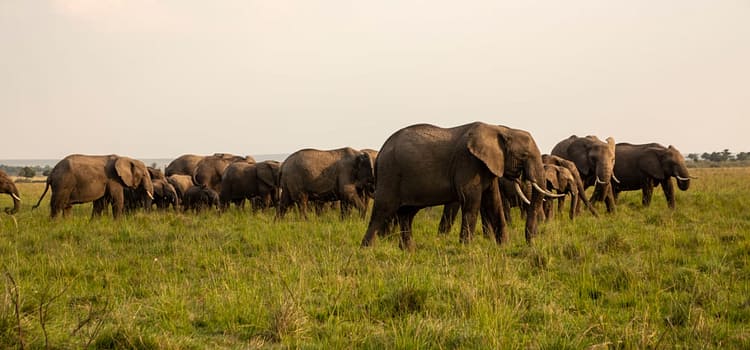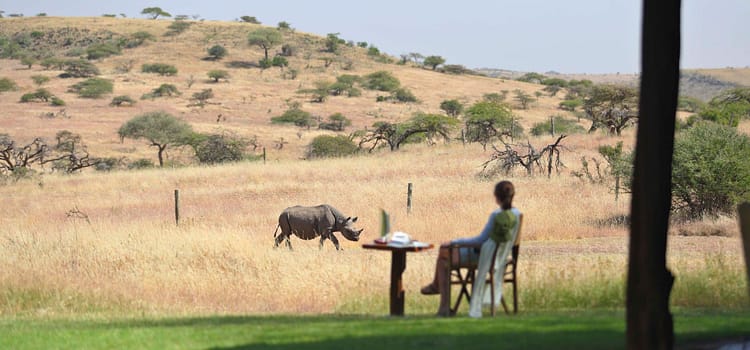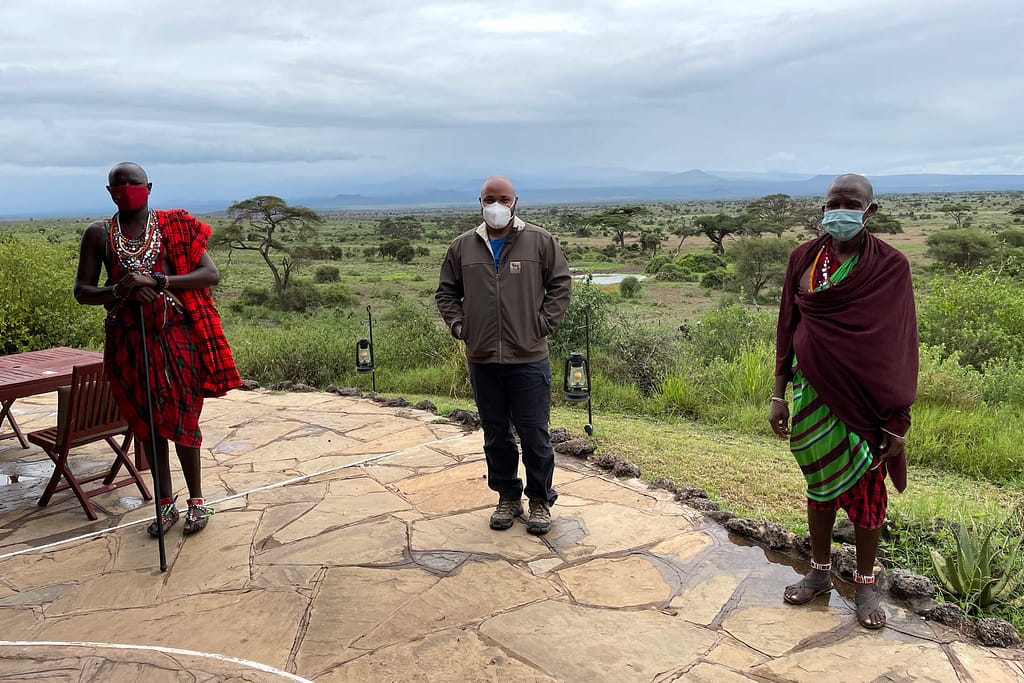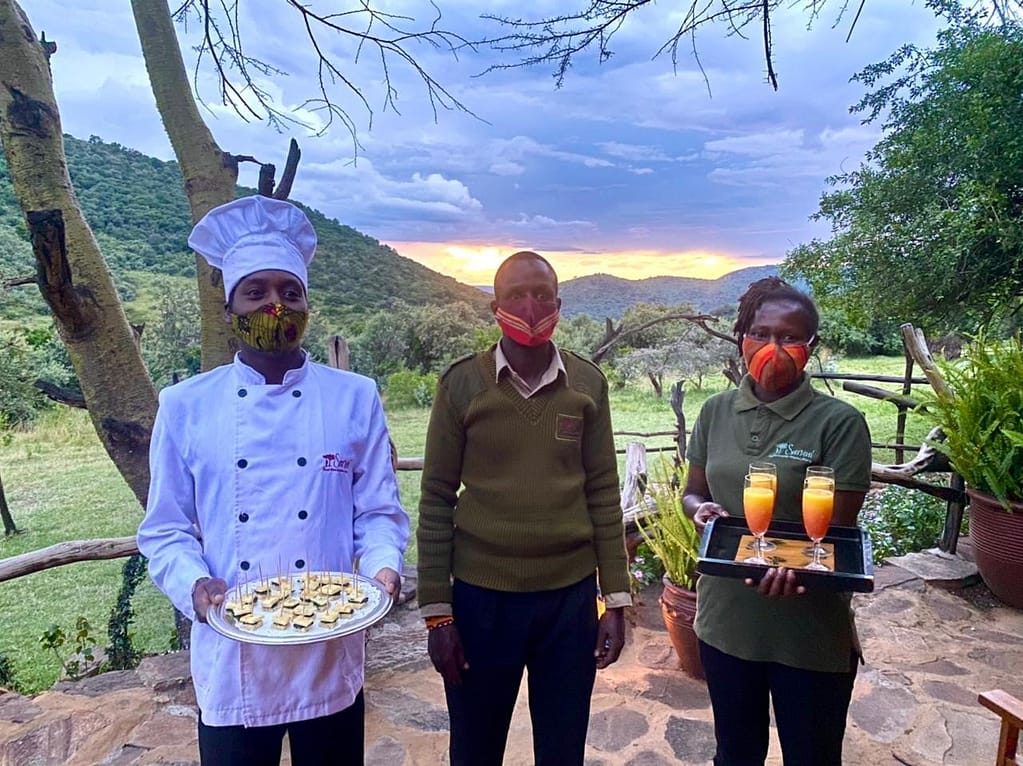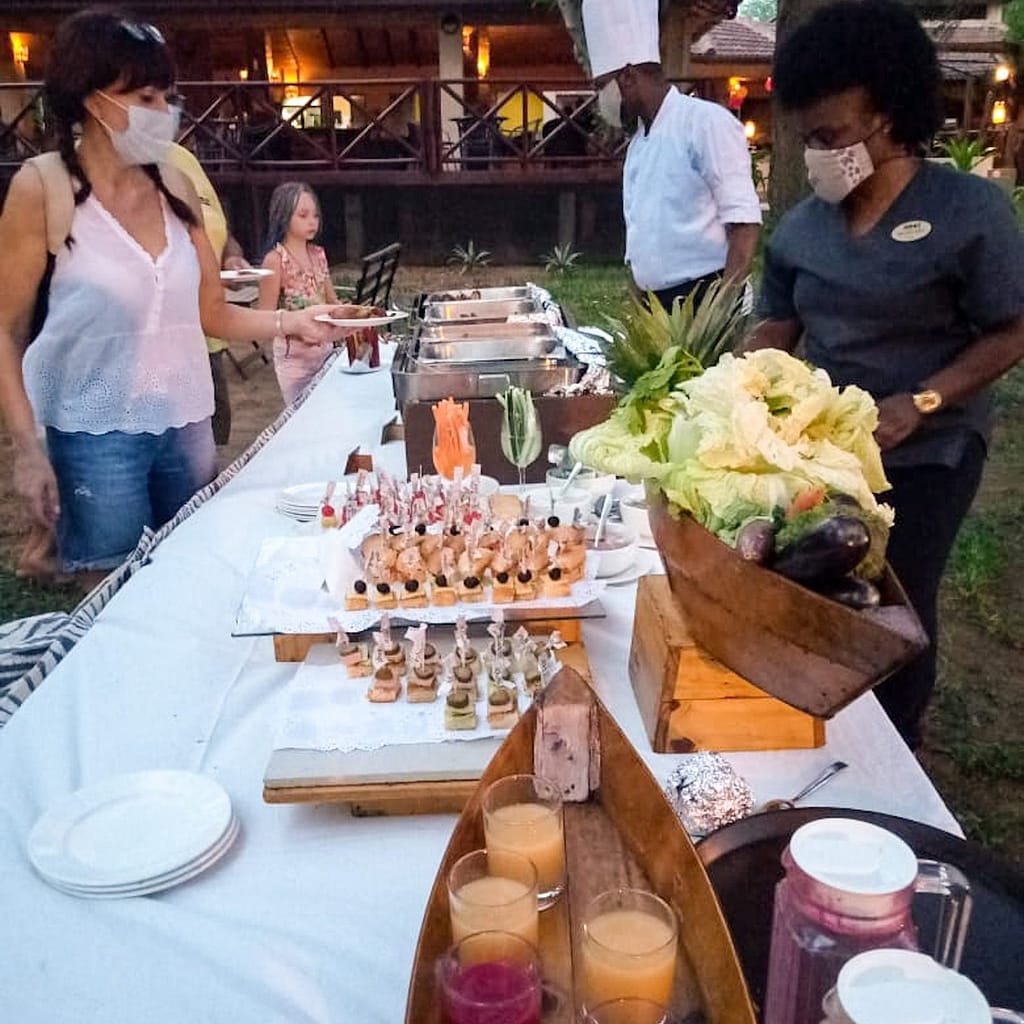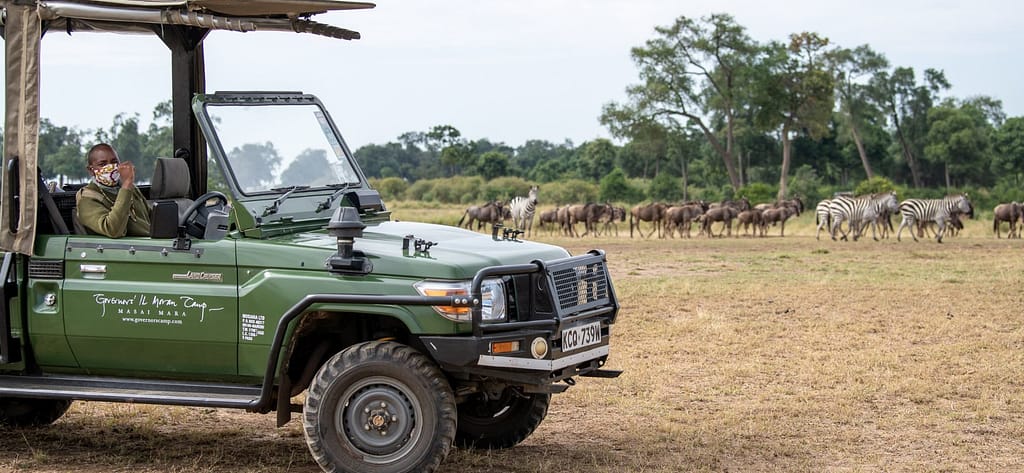What are the Covid 19 entry requirements to Kenya and Tanzania in 2022?
With Covid 19 infection rates having been recorded to have significantly reduced by end of February 2022, the world seems to have turned yet another corner when it comes to tackling the pandemic, and we can only hope that there will be no more outbreaks.
UPDATE ON KENYA: Please note that effective 11th March 2022, all travelers to Kenya who are fully vaccinated will no longer be required to present a Negative PCR test certificate on arrival. https://www.kcaa.or.ke/covid-19/covid-19-travel-requirements They are however still required to upload their vaccination details on the Global Haven website before boarding their flight and also fill the traveler health surveillance form. This is because there will be no manual validation of vaccination details, only online.
Planning to travel to Kenya in 2022? These are the current Covid 19 requirements.
First of all, all travelers to Kenya aged 18 years and above must provide a Covid 19 vaccination certificate at the point of entry. The vaccine administered must be among the ones already approved by the World Health Organization. This requirement has been in place since December 2021. The only travelers exempted from this requirement are returning Kenyans. They must however register themselves on the Ministry of Heath Vaccination portal and will be vaccinated upon arrival at the airport, before they are allowed to head home.
All travelers arriving in Kenya are supposed to present a Negative Covid 19 PCR test certificate at the point of arrival. The certificate must be valid for not more than 72 hrs since the test was taken. Travelers are also required to fill in the Ministry of Health’s travelers’ surveillance form at https://ears.health.go.ke/airline_registration/ before boarding their last flight to Kenya.
After receiving a negative PCR test result, travelers to Kenya are required to register and upload their vaccination and test result for validation at the global heaven website before boarding their flight to Kenya.
Children aged below 5 years are exempted from the three requirements above.
To depart Kenya, all travelers travelling to a destination / country that requires prove of a Negative Covid 19 test must show proof of the same at the point of exit of having met that condition, before being allowed to depart Kenya.
There are several clinics and hospitals in Kenya that have been approved by the Kenya Civil Aviation Authority to administer PCR tests in Nairobi and others cities. In Nairobi, Covid 19 testing prices range from USD 50 to USD 100 depending on the facility where the test is taken. Results are ready after between 6 and 24 hrs, depending on the facility where the test is taken, and the price paid as some clinics can issue results within 3 hrs but at a higher cost.
If you are on safari in Amboseli, Lake Nakuru National Park, Masai Mara National Reserve and other parks within Kenya and will need a PCR certificate before departing in Kenya, we can facilitate for a test to be done at your lodge. This however costs more due to logistical challenges by the testing labs which are mainly based in Nairobi. The current cost of a PCR test in Amboseli and Masai Mara is about USD 120 per person (based on minimum 2 people) while it costs about USD 100 while at Lake Nakuru. Results are ready after 24 hrs so you need to ensure that you register to get your sample collected at least a day before.
While traveling in Kenya, standard Covid-19 protocols (masking, social distancing, and sanitizing) will be adhered to by your guide and those working in the tourism industry, while in public settings, airports/airplanes, and the common areas of accommodations. All full time Essenia Safari Experts guides have been fully vaccinated against Covid-19.
Much of your time while on safari will be socially distanced from other travelers and the general public.
Please note that social distancing and wearing of face masks is a mandatory requirement in all public areas and establishments while in Kenya.
What are the Covid 19 Entry Requirements to Tanzania?
All passengers travelling to Tanzania are supposed to present a Negative Covid 19 PCR test certificate issued within 72 hrs before arrival.
Also, all travelers arriving in Tanzania will be subjected to enhanced screening for Covid 19 through a rapid test. The cost for the rapid test upon arrival in mainland Tanzania is USD 10 per traveler.
All passengers arriving in Tanzania and Zanzibar must truthfully fill a health surveillance form in the link below https://afyamsafiri.moh.go.tz/ within 24 hours before arrival. Once completed the traveler will receive a completion notification containing their Unique Health Code (UHC) which they will present upon arriving.
The Rapid test cost of $10 per traveler and can be pre-paid online when you complete your online Traveler’s Health Surveillance Form (strongly recommended to pre-pay to avoid unnecessary queue upon arrival).
While traveling in Tanzania, standard Covid-19 protocols (masking, social distancing, and sanitizing) will be adhered to by your guide and those working in the tourism industry, while in public settings, airports/airplanes, and the common areas of accommodations. All full time Essenia Safari Experts guides have been vaccinated against Covid-19.
Please note that wearing of face masks is a recommendation but not a mandatory requirement in Tanzania. Most of your time while on safari will be socially distanced from other travelers and the public. However, if you plan to travel in a more populous area (city or town), we recommend being masked when social distancing cannot be maintained.
Before departing Tanzania, you might need a negative PCR test certificate to be allowed to board the flight to your next destination. The cost of a PCR test in the mainland is USD 50 per person and can be booked in advance at https://pimacovid.moh.go.tz/#/booking . This does not however include a facility fee of USD 20 per person (For safari in the northern circuit- Arusha, Kilimanjaro, Lake Manyara, Tarangire, Ngorongoro and Serengeti). If you book a safari with us, our staff will book your PCR test in advance (depending on your safari and departure date). You will then pay for the testing and facility fee to our staff in Tanzania.
What are the requirements for arriving passengers to Uganda?
Arriving passengers should hold a negative COVID-19 PCR test certificate issued within 72 hours from the time of sample collection to boarding of the aircraft leaving the country of origin. https://caa.go.ug/frequesntly-asked-questions-and-procedures-in-relation-to-covid-19-requirements-at-entebbe-international-airport/
What are the other requirements/arrival process for arriving passengers?
All passengers will be required to go through the recommended Port health procedure of identifying body temperature and symptoms.
Please note that the mandatory testing of all incoming passengers at Entebbe International Airport was suspended effective February 16, 2022.
What are the COVID 19 PCR test requirements in relation to children?
Children below six (6) years will be exempted from the requirement for a negative PCR test certificate if they are accompanied by parents holding a negative COVID -19 PCR test certificate.
What are the requirements for departing passengers?
Passengers departing Uganda through Entebbe International Airport (EIA) must have an authentic negative COVID-19 PCR test certificate issued within 72 hours from the time of sample collection to boarding aircraft. In case the destination country’s PCR test time requirements call for less hours, that takes priority.
Passengers departing Entebbe International Airport are required to know, understand, and interpret COVID-19 requirements of the country they are travelling to.
All COVID-19 PCR test certificates for departing passengers MUST indicate TRAVEL as the intended purpose of test.
DURING YOUR SAFARI WITH US:
While on safari in Uganda with us, standard Covid-19 protocols (masking, social distancing, and sanitizing) will be adhered to by your guide and those working in the tourism industry, while in public settings, airports/airplanes, and the common areas of accommodations. All full time Essenia Safari Experts guides in Uganda have been vaccinated against Covid-19.
Much of your time while on safari will be socially distanced from other travelers and the general public.
Please note that social distancing and wearing of face masks is a mandatory requirement in all public areas and establishments while in Uganda.
COVID 19 TESTING IN UGANDA: Our Ugandan team will facilitate pre departure PCR testing for all our clients when they are on safari. An appointment will be made well on time to meet the requirements of your next destination. Cost of PCR testing and facilitation fees will be paid while you are in Uganda.
Kenya records an increase in Elephant and Rhino Population in 2021
Between the months of May and July 2021, The Ministry of Tourism and Wildlife through the Kenya Wildlife Service embarked on a wildlife census. Under the “Count to Conserve” banner, the exercise resulted in a wildlife census report which was released on 31st August 2021.
The great news is that the national Elephant population has increased from 32,214 elephants in 2014 to the current population of 36,169 in 2021. This represents a 12% population increase over seven years, which is testament to the productive anti-poaching efforts by government and conservation partners.
Even more encouraging from the report was the fact that the country’s total Rhino population has increased from 1,258 rhinos at the end of 2017 to 1,739 rhinos by mid-2021.
Specifically, Southern white rhinos increased from 510 to 840, and Eastern black rhinos (the only black rhino subspecies found in Kenya) increased from 745 to 897. However, the number of the world’s only remaining Northern white rhinos that live in Kenya, has decreased from THREE to TWO, following the death of Sudan in 2018. This has left only Najin and Fatu who can be visited during one of our safaris to the Ol Pejeta wildlife conservancy.

The increase in Rhino numbers is an important achievement, especially when rhinos remain under huge threat from poaching and habitat loss due to encroachment of their space by humans.
It was also reported that for the first time in 22 years, there was no Rhino which was recorded to have died in Kenya due to poaching. This was the first time since 1999, an incredible and significant milestone, considering that it was at a period when African wildlife had come under more threat because of the Covid 19 pandemic which caused the disappearance of virtually all income from tourism.
We applaud the government through the Kenya Wildlife Service and other Rhino conservators like the Ol Pejeta Conservancy and all wildlife rangers for their concerted efforts to safeguard Rhinos during that tough period, highly contributing to the recent increase in population.

